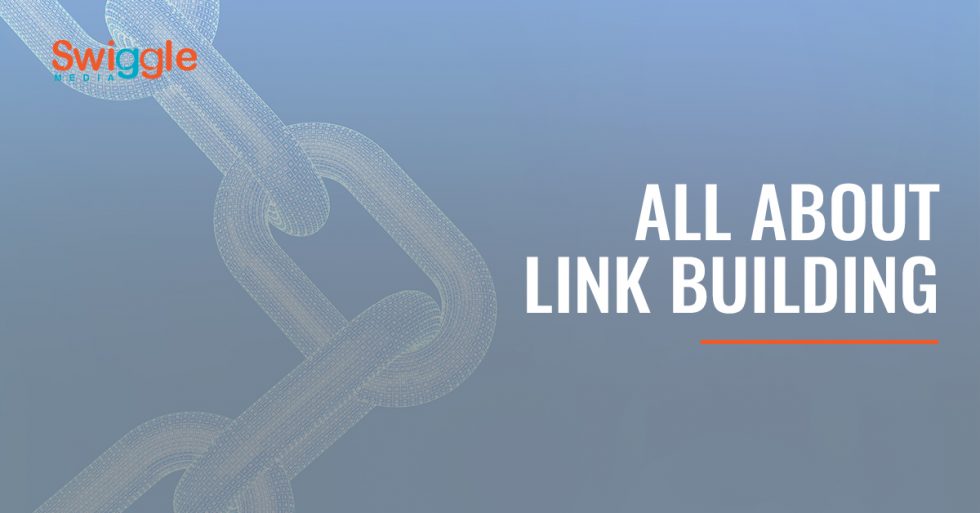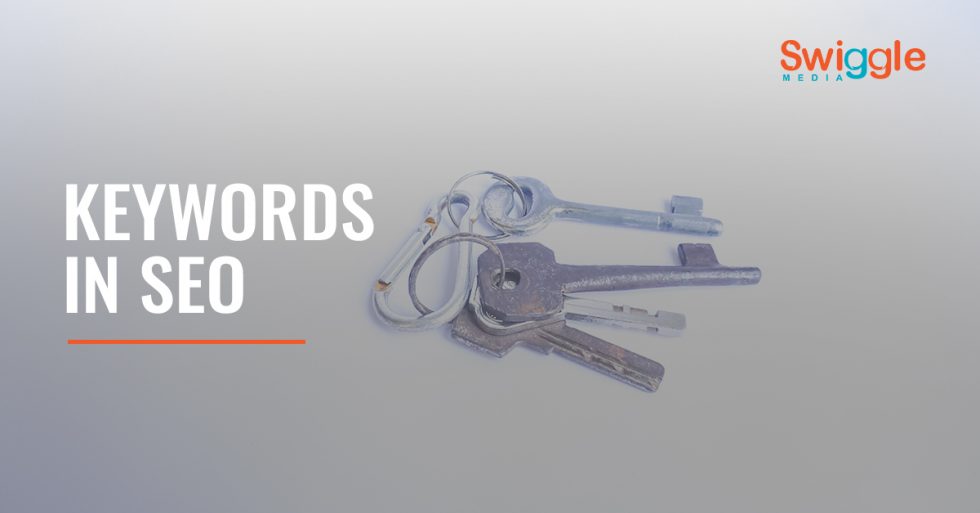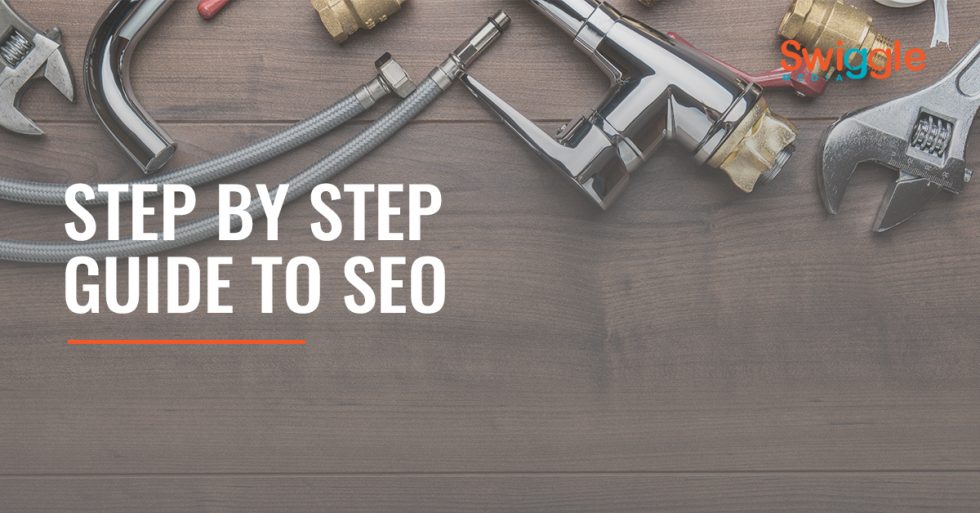Link building works by getting other websites to host your links. This brings in referral traffic and increases the authority of your site. When you have links in multiple locations, there’s an increase of areas where someone can discover your content without actively searching for it.
While there are certain avenues one can take to link build, the best way is to practice natural link building.
Natural Link Building
In order to build links properly, and ethically, you need to earn them. The alternative, unethical way is to buy them.
The reason why people even consider buying links is because it’s easy and quick. Natural link building can be time-consuming and here’s why.
The places you decide to build your links will directly correlate with the success of the campaign. Authoritative sites hold more value and a greater impact on your SERP rankings than smaller, lesser known sites. It’s like building a billboard on a major highway versus a backroad no one ever takes. Sites with heavy traffic will reroute that traffic to your site via the links you built there, like cars exiting a highway to visit your store because of an intriguing sign they saw.
Natural link building has to take place on relevant sites. There’s no logic in posting a link to an article about knitting scarves to a surfing blog. The people visiting there most likely don’t want to know about knitting because their intent for visiting that site is to learn about surfing. You’d want to build that link on sites about arts and crafts or how to make your own clothing because their visitors want the information you’re providing.
The Importance of Link Building
The main goal of an SEO campaign is to help a website rank on the SERPs. Link building helps with that goal.
This may not seem to connect to SEO’s typical strategies because it doesn’t directly correlate with discovery through keyword based campaigns, but it’s an important part of any SEO marketing plan.
Google’s algorithm looks for content quality when it decides the authority of a site. Just like a real user, seeing placement in multiple areas makes us (and Google) believe that your content is tried and true, trustworthy enough to check out. The more places you have links, the more popular your site will be.
How to get links on other sites?
Now that you know how important it is to have representation on other sites, you’ll need to learn how.
There are multiple strategies you can implement and using a mix of these strategies will ensure your success.
Content Creation
Many businesses, especially commercial ones, only have their products and a purchasing avenue on their site. When we’ve implemented content such as blogs onto their site, link building between sites was more accessible.
Content that is high-quality and compelling will naturally attract traffic because it’s something people will actually want to reference and link to. It’s also more conversational and allows for word-of-mouth spreading. This is especially important when realizing that growing a name for your business is more important than product pushing.
Link Roundups
Some bloggers or sites participate in what’s called a link roundup. These are people who actively accept link building requests and create a post containing all the links they gathered themselves or received through requests. It’s like a show and tell of all the articles, blogs, or products they’ve seen over the course of a week, month, or even a year.
To be included in a link roundup, it’s important for your article to be relevant, high-quality, and timely. If a link roundup is created linking the top 10 articles the blogger has read this week, you might want to make sure the content you’ve created was posted within that time frame. If it’s a link roundup about environmental blogs and you’re an oil company, maybe don’t request to have your link included there.
Reviews & tags
Having popular influencers in your industry talk about, review, and tag your page on their social media or sites leads to an almost instant level of trust in your product among their followers. If a popular celebrity like Jennifer Lopez posted an image on Instagram next to your store and mentioned you, you’ll have 106 million people wanting to go to your location. This can be a bit tricky, however, as many users of this method tend to buy mentions rather than earning them. Cost can be anywhere between $3 per follower and $10 per follower depending on the popularity of the influencer.
Internal Link Building
You may not have control over what other people do with your links, but you do have control over what you do with them on your own site! Before we get into this, we need to talk about important elements that are typically out of our control during external link building.
Anchor Text
There are different ways for a link to be portrayed, and the way someone chooses to do so is almost never up to you. They could:
- Drop the link itself: www.swigglemedia.com/social-media-marketing
- Anchor the link to the name of your company: Swiggle Media
- Only link your home page: www.swigglemedia.com
- Just say your name without a link: Swiggle Media
- Or link it to a popular search term: Best Social Media Marketers in Orlando
If it isn’t a direct mention or tag ( i.e. @swigglemedia), the preferred method for linking would be the last one. This links your page directly to a highly effective keyword which is used to increase a site’s ranking. Read our article about the importance of keywords in SEO to find out more.
Quality
The quality of a linking page needs to be taken into consideration before even sending a link building request. It’s a waste of time to link to a page that is low-quality. Search engines only boost rankings when the site where a link exists isn’t questionable.
Page Link
As we mentioned before, some people will link to your home page rather than the link to the content you want to be viewed. This effectively squanders your efforts because you need to link to more than just your homepage to rank. You need coverage over your whole site to have any authority.
Although you can’t control these elements externally, you have total control when it’s your own site.
You can anchor your text properly, link to the correct page, and ensure the quality of the site and content because you’re the one creating it all. The best part of internal link building is that it’s all free! There’s no link buying, requesting, or asking for mentions. It’s all in your hands.
Tips and Tricks
- Always link to strategically chosen keywords
- Go through your pages and find keywords already present that you can link another page to
- If keywords don’t exist but the link is relevant, find a way to implement those keywords
- When possible, drop a mention of the link in a “Find Out More” kind of way if your site is mainly informational (Like we did above)




